Avoiding Dentist Scams and the 11 Unnecessary Dental Procedures
Unnecessary dental procedures are by far the most common and most costly of all dental scams. Any person who learns how to avoid unnecessary dental...
5 min read
Dr. Joanne Baldos and Dr. Adam Szymczak : Sep 28, 2018 9:28:20 AM

At every stage of a child’s life there are things that you can do to protect your kid's dental health. The information below is organized by age for easy reference.
“An ounce of prevention is worth a pound of cure” - Benjamin Franklin
Cavities are by far the most common oral health problems that children experience. Follow these recommendations and you will prevent the need for dental work:
WHILE YOU ARE PREGNANT

Should I be eating particular foods?
A child’s teeth begin to form while in the womb. Therefore, your health and what you eat and drink has a direct impact on the formation of your baby’s teeth.
Calcium and Vitamin D are essential in the development of healthy teeth. However, there is no need for special or additional things that you need to do! Follow general nutrition principals for staying healthy during pregnancy.
Should I be doing something before my baby arrives?
While developing in the womb, children have no bacteria. It is the bacteria that lives in our mouths that cause cavities and gum disease. Children get the bacteria that lives in their mouth from their caregivers. All caregivers should have good dental health and good oral hygiene so that the bacteria that is passed onto the child is the “good bacteria” that protects us against cavities and gum disease.
INFANT STAGE: 0-1 years old
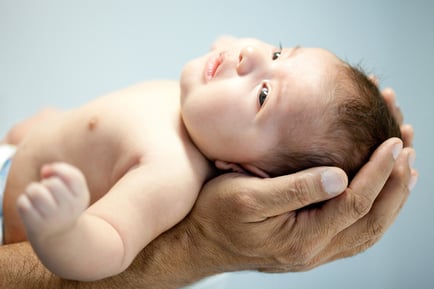
Even before the first tooth comes in, you should condition your child to having you clean their mouth. It will save you time and frustration in getting your toddler to allow you to brush! You could buy oral wipes for infants or a finger toothbrush, but instead save yourself time and money and use a baby washcloth which you already have.
After your baby’s last feeding before bed, dampen a washcloth with water and put it on top of your index finger, use it to wipe your baby’s gums.
It can be a challenging time for parents when a child is teething, however, keeping the teeth clean from the first time that they come in is important in preventing tooth decay. Use a washcloth with water to wipe the teeth twice daily; it is critical for one of those times to be before bed at night. With your index finger direct the washcloth at the spot where the tooth meets the gum and wipe in the direction away from the gums.
Switch to a soft baby brush when the worst of the teething has passed, usually when a few of the front teeth have come in. Brush twice a day morning and night: start at the gum, brush in the direction away from the gum.
TODDLER STAGE: 1-2 years old
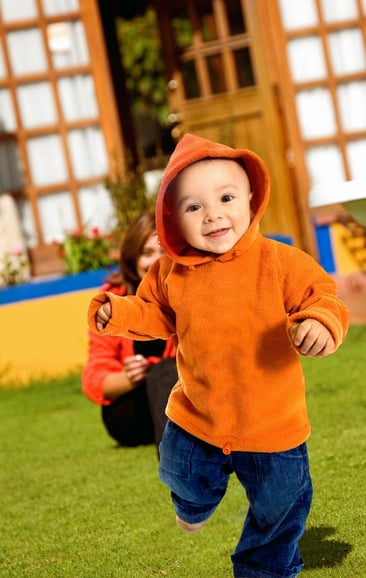
We recommend what the American Academy of Paediatric Dentistry (AAPD) recommends: when the first tooth comes in, but no later then the baby’s first birthday. Tooth decay progresses fast on baby teeth because baby teeth are thin, it is best to catch problems early on.
This visit allows the child to become familiar with our team. It allows us to answer any questions you may have regarding your child’s oral health.
We have a “no cry policy” in our office meaning that we do not push a child beyond what they are willing to do. Our Smile Care Team is trained to guide a child to gradually get comfortable with unfamiliar people and place.
It is the toothbrush that does most of the cleaning of the teeth. Just like using a mop with only water to clean the floor, it will do a good job providing one is paying attention to cleaning every part of the floor. A toothbrush with water only will do a good job as long as every side of the tooth is brushed. Toothpaste for teeth, just like a cleaning detergent for the floor, will improve the cleanliness of the teeth.
Fluoride helps in preventing cavities. You definitely want your child to use a fluoridated toothpaste! The question then becomes: When should I start using a fluoride toothpaste?
If your child is prone to cavities it would be advised that a tiny amount of fluoridated toothpaste be used as soon as the first tooth comes in. Consult your kids dentist.
If your child is NOT prone to cavities, use a washcloth or a soft baby toothbrush with WATER ONLY. In the alternative you can use a kids toothpaste (no fluoride) with the introduction of the toothbrush (when a few of the front teeth have come in). Then switch to a fluoridated toothpaste when the child is able to spit out excess toothpaste when asked to do so. The benefit of using a kids toothpaste (no fluoride) over just using water is minimal as it is the fluoride that is the active ingredient in toothpaste.
PRE-SCHOOLER: 3-5 years old

By this age most kids will have all twenty of their baby teeth.
You should start using floss picks as soon as two baby teeth next to each other are touching. If you do not see gum tissue or air between 2 teeth, you should be using floss to clean the area between the teeth.
For some kids the first two teeth that come in are so close to each other that you should start flossing right away. Some kids have spaces between all their teeth and flossing is not required to prevent cavities, however, it is still a good idea for these children to floss to develop this important habit.
The most common area for children and adults to get cavities is between the teeth, it is the area where the toothbrush does not reach. The area between the molars (teeth at the back of the mouth) is especially prone to cavities, It is the most critical to floss: between the baby molars.
When your child shows an interest in brushing on their own you should let them. However, you should supervise and make sure that all the areas of the teeth have been cleaned. This means that at the beginning you have to brush after the child has brushed. It is not until a child has learned to tie their shoes (usually around age 6) that they have enough manual dexterity to be able to properly brush and floss on their own.
Generally speaking a child should first learn to use a manual toothbrush. It helps the child better understand how to clean their teeth. An electric toothbrush can give a child a false impression that it is the electric toothbrush and not the child that brushes the teeth and hence missing many areas that should be cleaned.
When using a manual or an electric toothbrush, the most important part is to pay attention to make sure that all the surfaces of each tooth are being brushed.
Any food restrictions?
Sugar feeds the bacteria in our mouth that cause cavities. Any foods with sugar added should be avoided, it is not good for dental and overall health. Daily consumption of junk food containing added sugar can be destructive to the teeth especially if oral hygiene is not optimal.
CHILD: 6-10 years old

Two times a day is adequate for most children. One of those times has to be before bed.
2-4 minutes. 2 minutes IF the child has excellent technique.
Most children would benefit from brushing longer.
Once a day before going to sleep at night.
No, unless instructed to do so by a dentist.
ADOLESCENCE: 11-17 years old

Oral hygiene tends to get worse as children become teens. Furthermore, they tend to eat more junk food. This combination is a perfect breeding ground for cavities.
Review with your teens the importance of caring for their health including dental health.
———————————————————————————————————————————
RELATED INFORMATION THAT WILL HELP YOU:
KIDS DENTIST: Top 7 MISTAKES PARENTS MAKE in Helping Kids with Oral Health
———————————————————————————————————————————
In the best interest of your health and well-being,
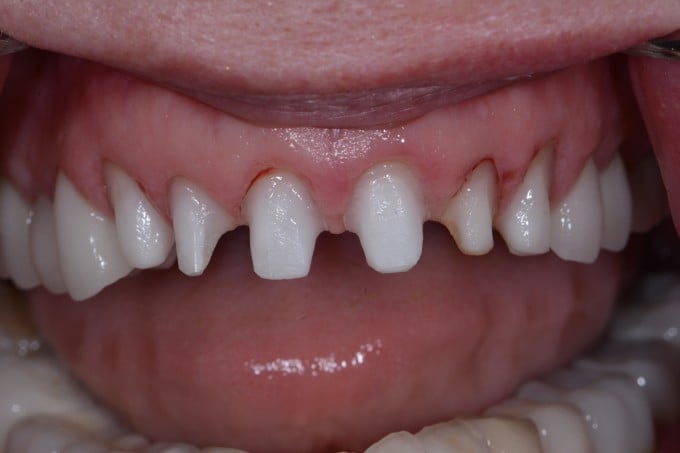
Unnecessary dental procedures are by far the most common and most costly of all dental scams. Any person who learns how to avoid unnecessary dental...
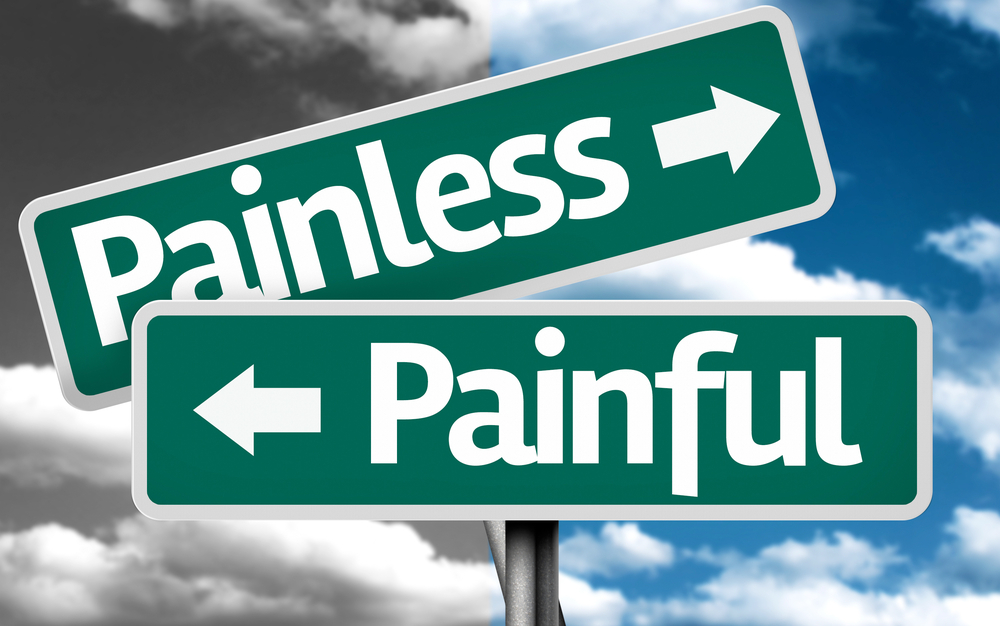
1 min read
Do you suffer from dental anxiety? Dentist fear is very common, you are not alone! Are you considering a dental procedure that scares you like a...
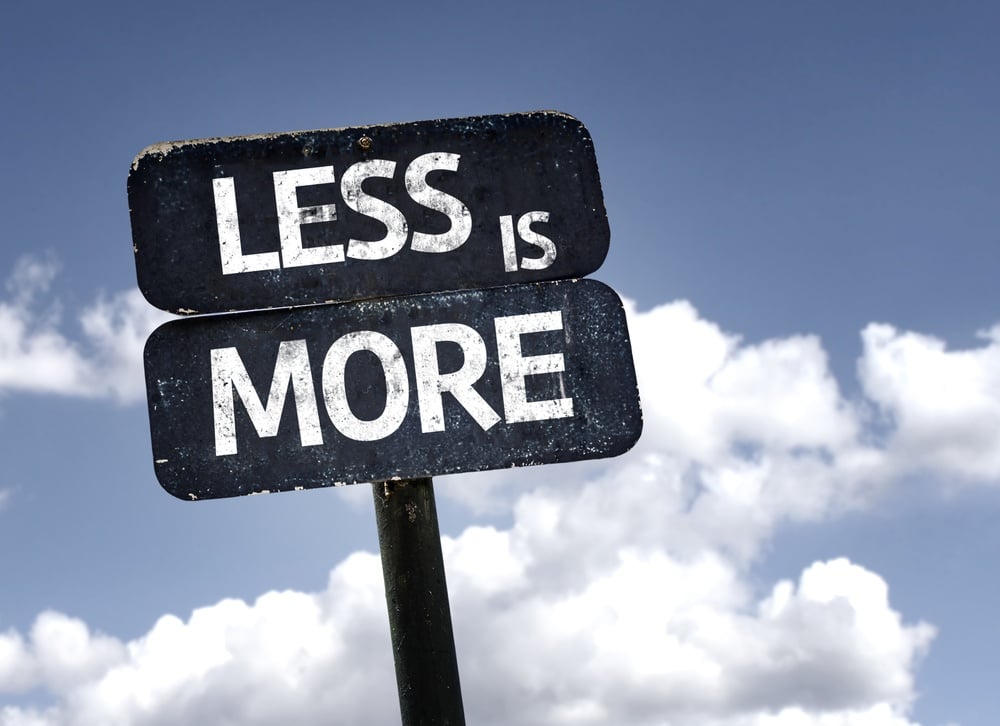
Let’s face it, no matter how awesome your dentist may be, there are many other things that you would rather do with your time and money. Ideally, the...